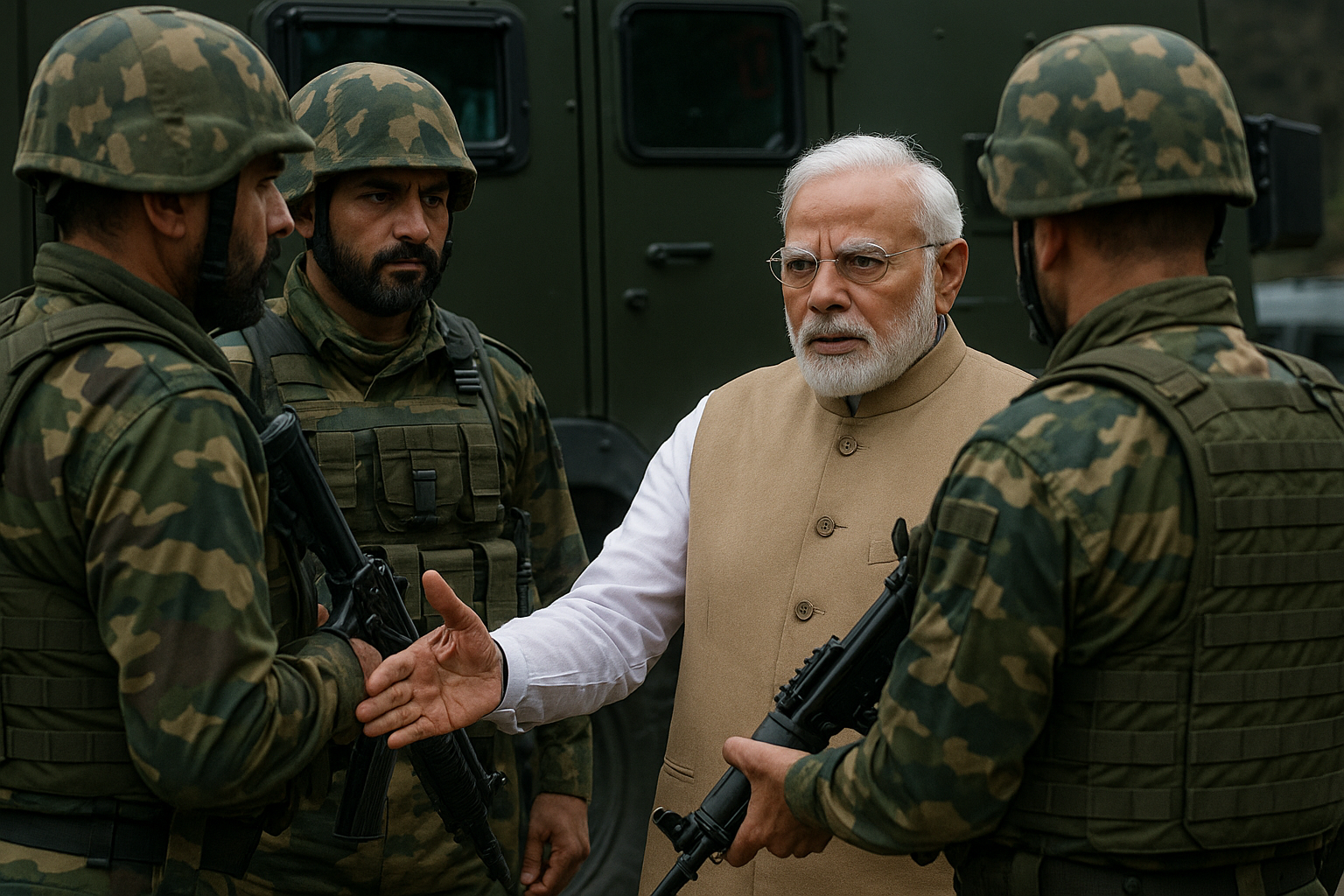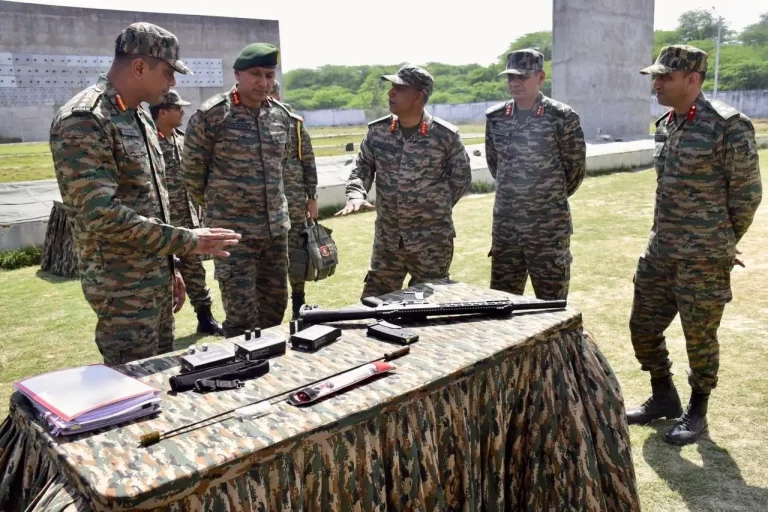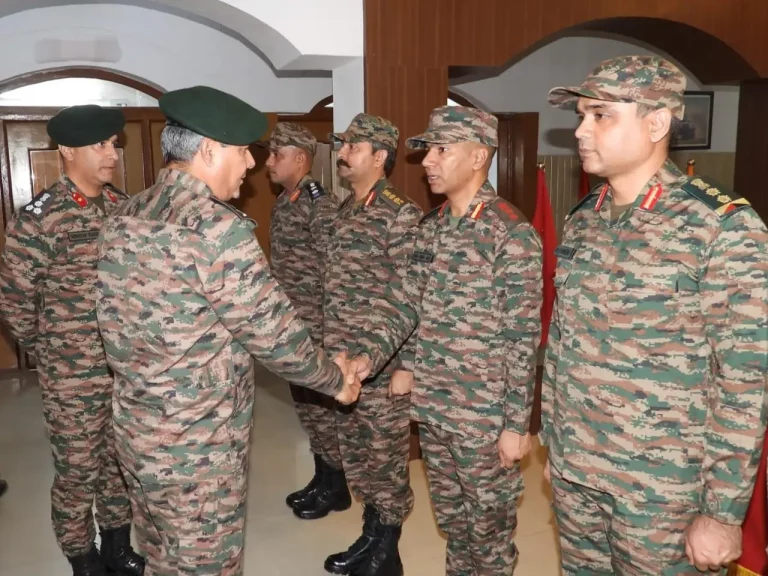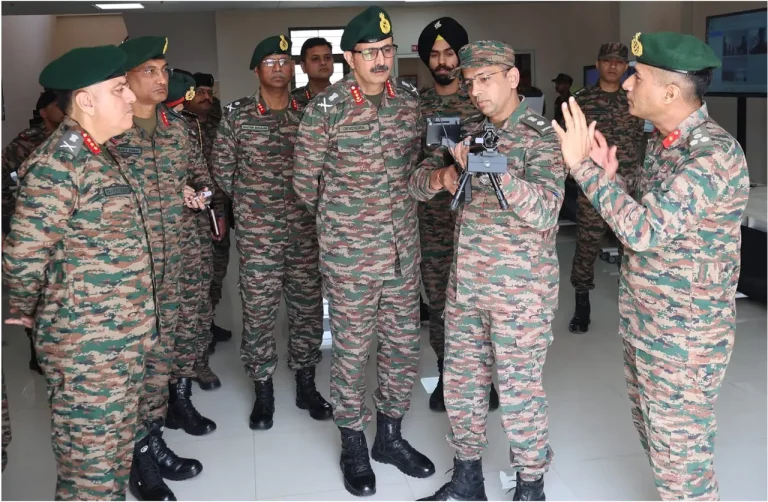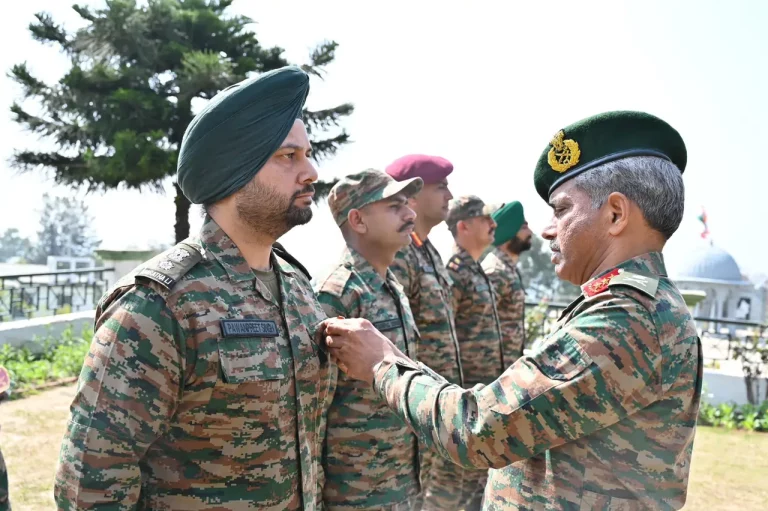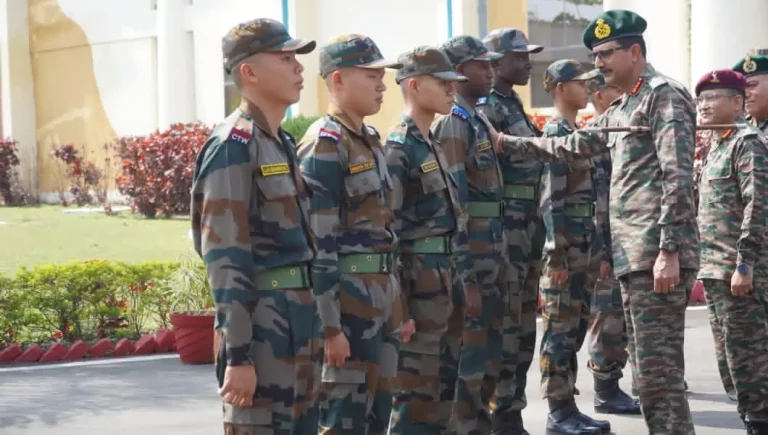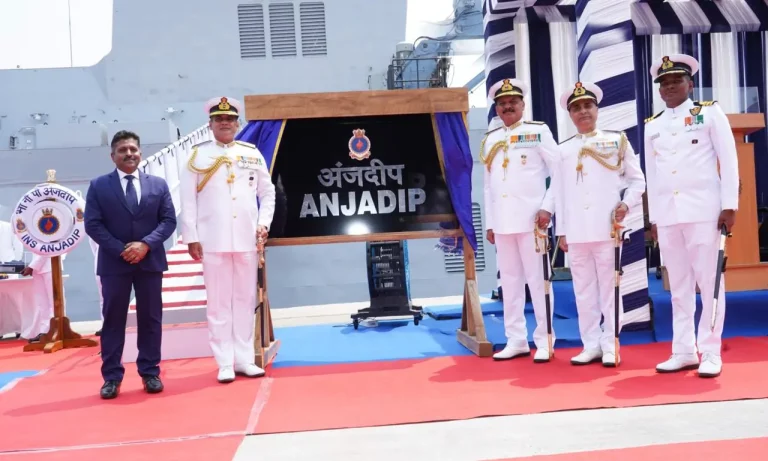In the wake of the tragic Pahalgam terrorist attack in Jammu and Kashmir, which claimed the lives of 26 individuals, predominantly tourists, Indian Prime Minister Narendra Modi has empowered the armed forces with full operational autonomy. This directive allows the military to determine the nature, timing, and targets of India’s response to the assault, which occurred on April 22.
During a high-level security meeting convened on Tuesday, Modi emphasized India’s unwavering commitment to combating terrorism. “It is our national resolve to deliver a crushing blow to terrorism,” he declared. The meeting brought together key figures, including Defence Minister Rajnath Singh, National Security Advisor Ajit Doval, Chief of Defence Staff General Anil Chauhan, and the chiefs of the Army, Navy, and Air Force.
In expressing his complete trust in the armed forces, Modi underscored the need for a robust response to the attack. The Pahalgam incident has sparked widespread national outrage and drawn international concern, prompting India to initiate various diplomatic and strategic measures. Among these actions is the suspension of the Indus Waters Treaty with Pakistan, a nation that India has long accused of facilitating cross-border terrorism.
Modi explicitly warned that those responsible for the attack would face severe consequences, vowing to ensure that both the perpetrators and their supporters are brought to justice. Historical precedents underscore India’s readiness to act decisively against terrorism. Following the Uri attack in 2016, Indian forces executed surgical strikes across the Line of Control, and the 2019 Pulwama attack prompted retaliatory Balakot airstrikes.
Earlier on the same day, Union Home Secretary Govind Mohan conducted a separate meeting with senior officials from the paramilitary forces and intelligence agencies. Although the details of the agenda remain classified, discussions likely revolved around enhancing internal security and assessing cross-border threats.
As tensions escalate, the international community, including the United Nations, has called for restraint from both India and Pakistan. In response to these developments, Islamabad has denied any involvement in the Pahalgam attack and has requested an international inquiry into the incident—an appeal that New Delhi has categorically rejected.
India remains vigilant, with leadership signaling readiness for a decisive and impactful response to the ongoing threat of terrorism.
